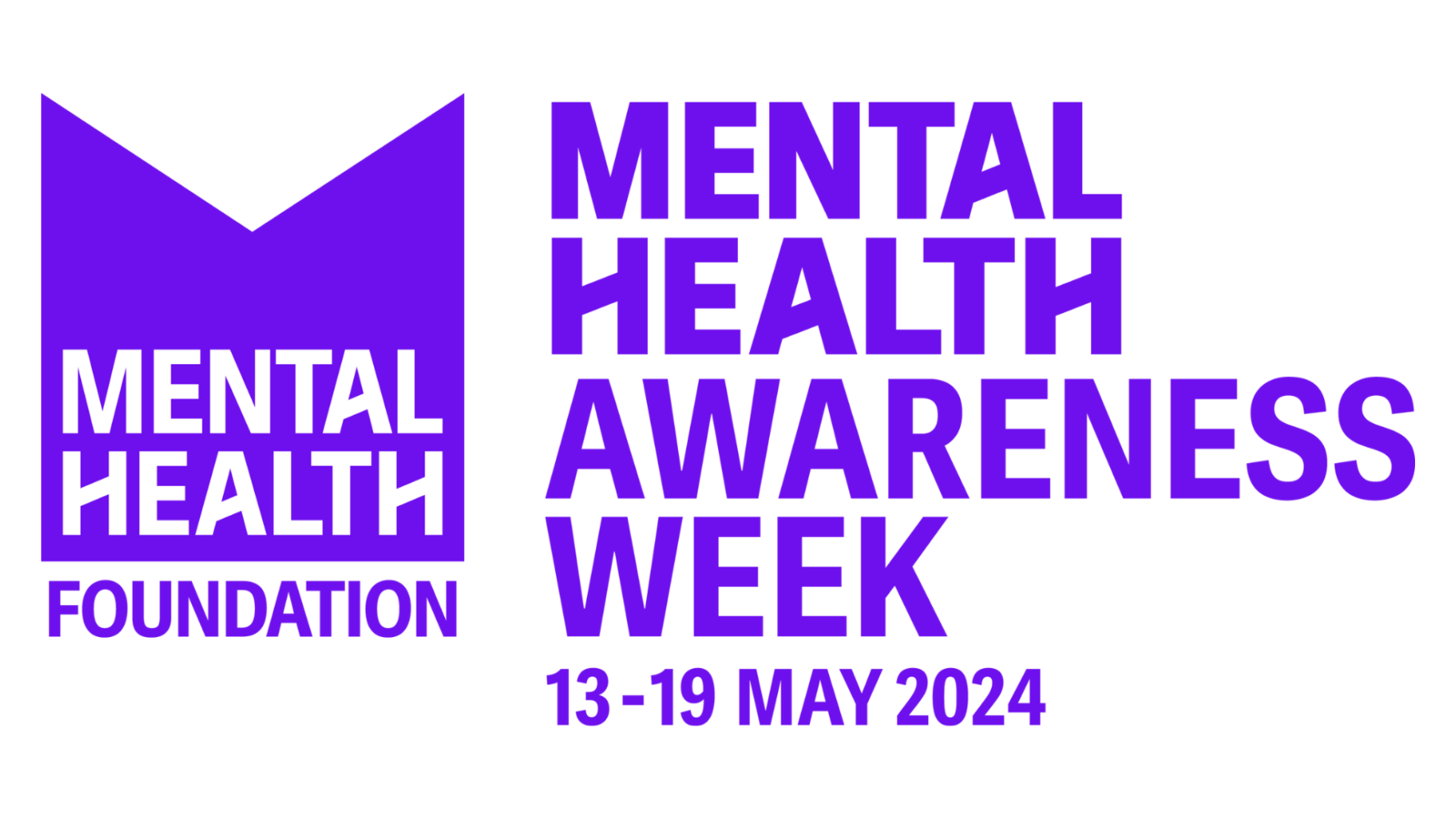
This year’s Mental Health Awareness Week is on the horizon (13–19 May). Here at CAP, we see just how intertwined mental ill-health and poverty can be, and with around 1 in 4 of us experiencing a mental health problem each year, it’s so important that we talk about it.
A lot of our local church-based frontline teams are meeting people every day who deal with a variety of mental health struggles, and are always keen to learn more about how best to support those people. I’d love this blog to bring some basic awareness to some of the most common mental health conditions people in the UK are facing, because they’re all around us, from those we’re meeting on community visits as part of our face-to-face debt help service, to our loved ones, and even ourselves.
As we learn together this Mental Health Awareness Week, my hope is that you’d begin to feel more confident in tackling mental ill-health. This might look like starting the conversation about mental health, assisting someone in getting the support they need, accessing support yourself, or better understanding different conditions in order to make sure those with mental ill-health feel supported, included and integrated into society.
Please note: The information contained in this blog is not medical advice. Please read with care. If you, or someone you are with, are feeling like ending your life or feel unable to keep yourself safe, please call 999 or go to A&E.
What is mental health?
Mental health affects how we act, think and feel, and includes our psychological, emotional and social well-being.
We all experience different aspects of mental health throughout our lives. However, the state of our mental health can determine how we handle stress, how well we’re able to function day-to-day, and how we relate to others.
The Mindful Employer states that ‘mental ill-health’ covers a very wide spectrum from everyday worries that we all experience, to suicidal depression and the loss of reality.
What are the most diagnosed mental health issues?
Here are some of the most common mental health conditions in the UK, the symptoms a person with those conditions may experience, and how each condition may affect someone’s life.




